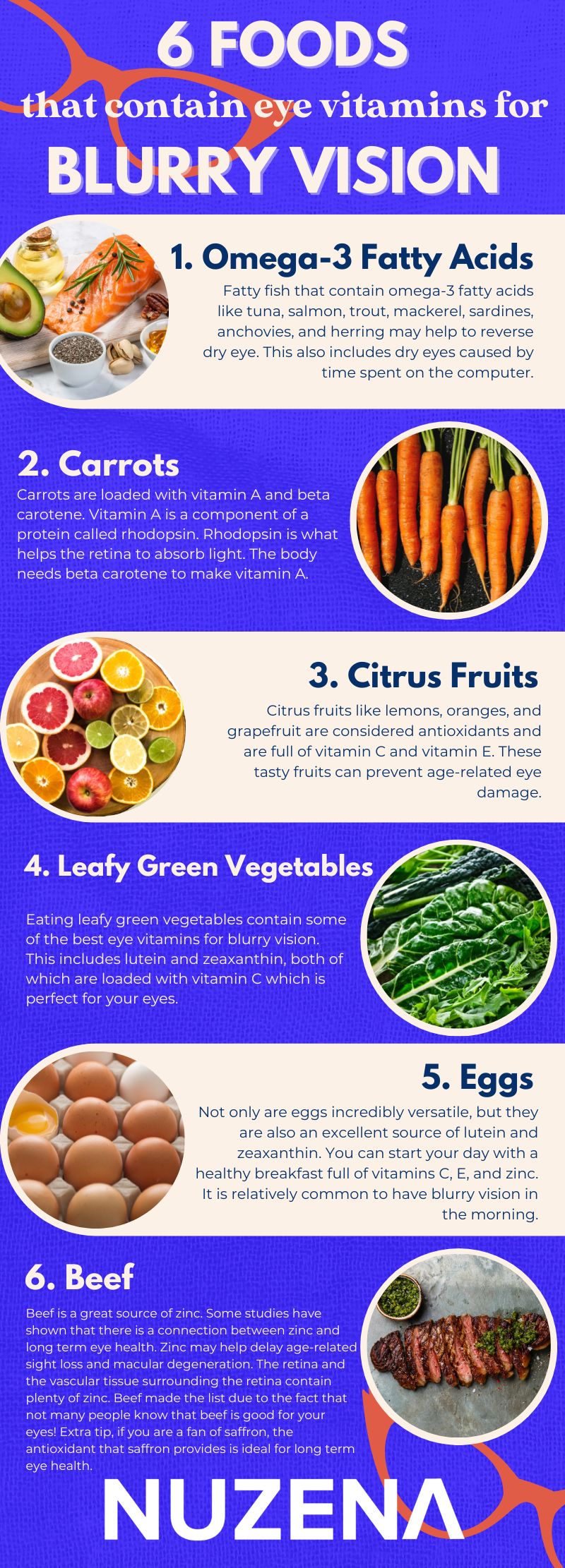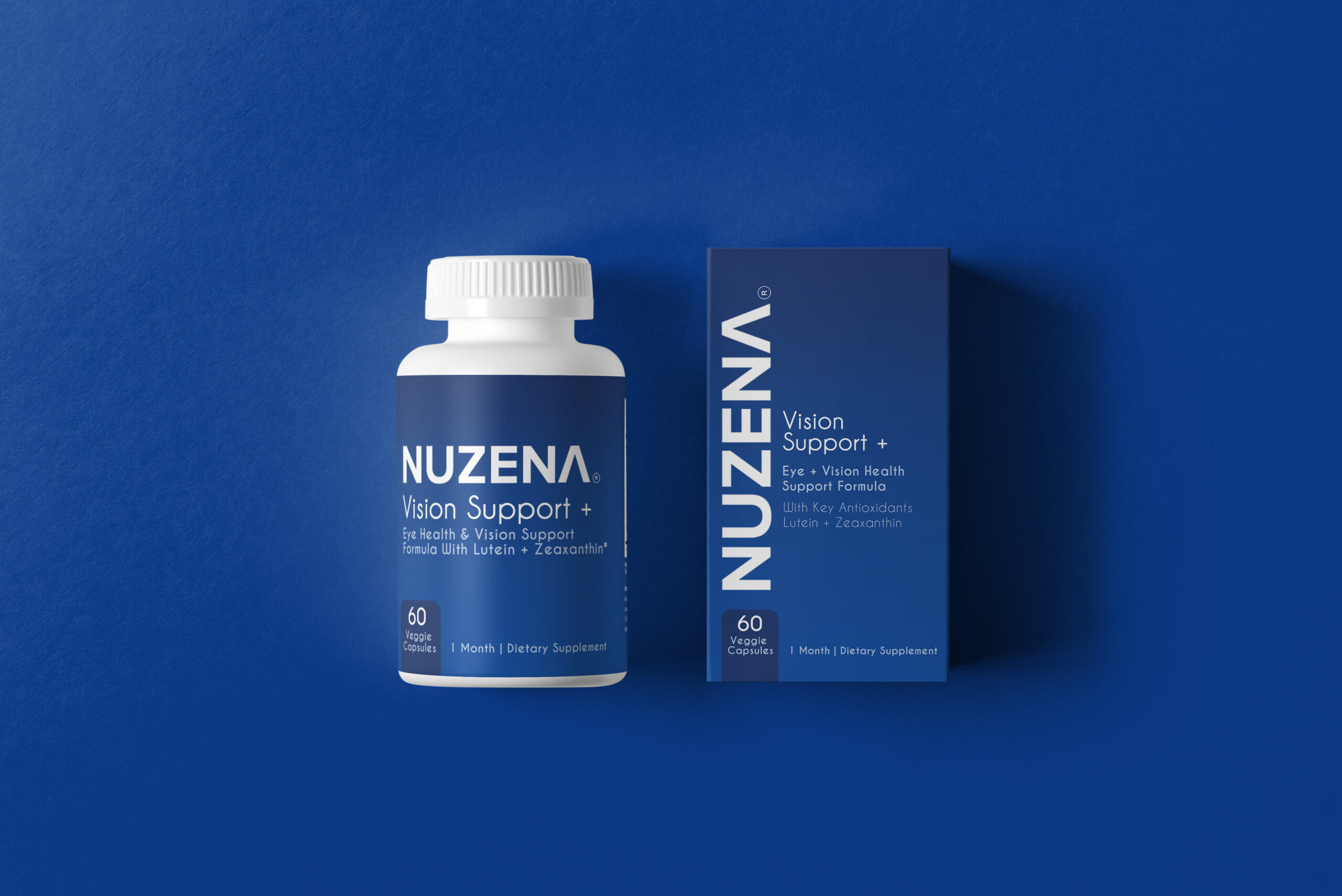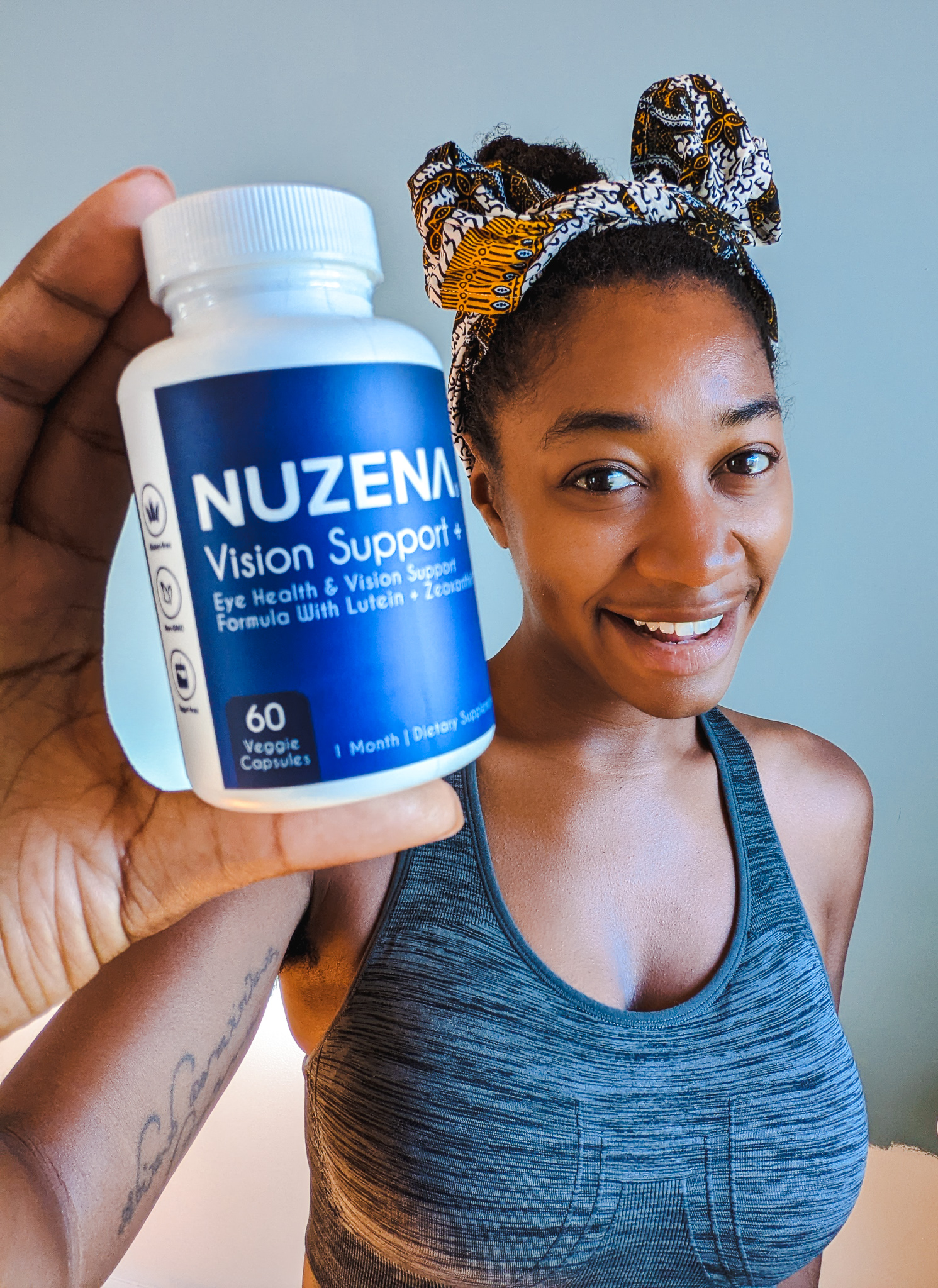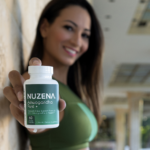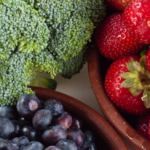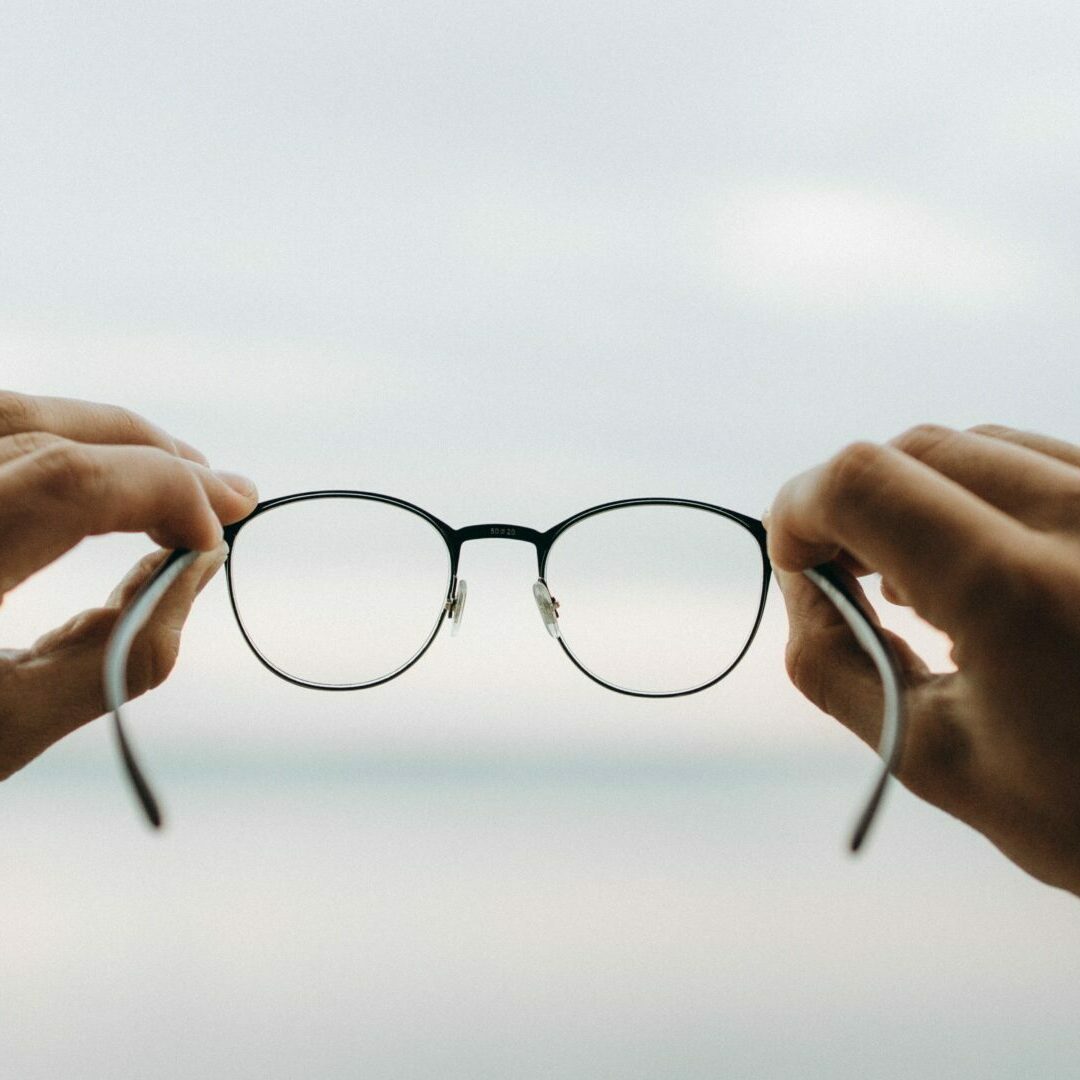
Best Eye Vitamins For Blurry Vision
Have you suffered from blurry vision for a long time and finally want to find out why? Today I will list the best eye vitamins for blurry vision. Whether it be supplements or natural whole foods, natural sources of vitamins for blurry vision are available. Blurry vision is when you cannot see as clearly as you once did. The best eye vitamins for blurry vision may help slow down the natural deterioration of your eyesight.
In order to understand why you have blurry vision, it is essential to speak with your eye doctor and make sure that you do not have any serious eye conditions. Most cases of blurry vision are not serious, however, sudden blurred vision can be a sign of bigger issues. Luckily, there is a variety of choices between foods and supplements of the best vitamins for blurry vision.

6 Foods That Contain Eye Vitamins For Blurry Vision
Check out these common foods that we eat everyday and that are benefiting our vision. No matter what diet that you are on, this list of foods has something for you! Try incorporating more of these foods to help maintain your eye health and you will see a difference!

1 – Omega-3 Fatty Acids
Fatty fish that contain omega-3 fatty acids like tuna, salmon, trout, mackerel, sardines, anchovies and herring may help to reverse dry eye. This also includes dry eyes caused by time spent on the computer.

2 – Carrots
Carrots are loaded with vitamin A and beta carotene. Vitamin A is a component of a protein called rhodopsin. Rhodopsin is what helps the retina to absorb light. The body needs beta carotene to make vitamin A.

3 – Citrus Fruits
Citrus fruits like lemons, oranges and grapefruit are considered antioxidants and are full of vitamin C and vitamin E. These tasty fruits can prevent age-related eye damage.
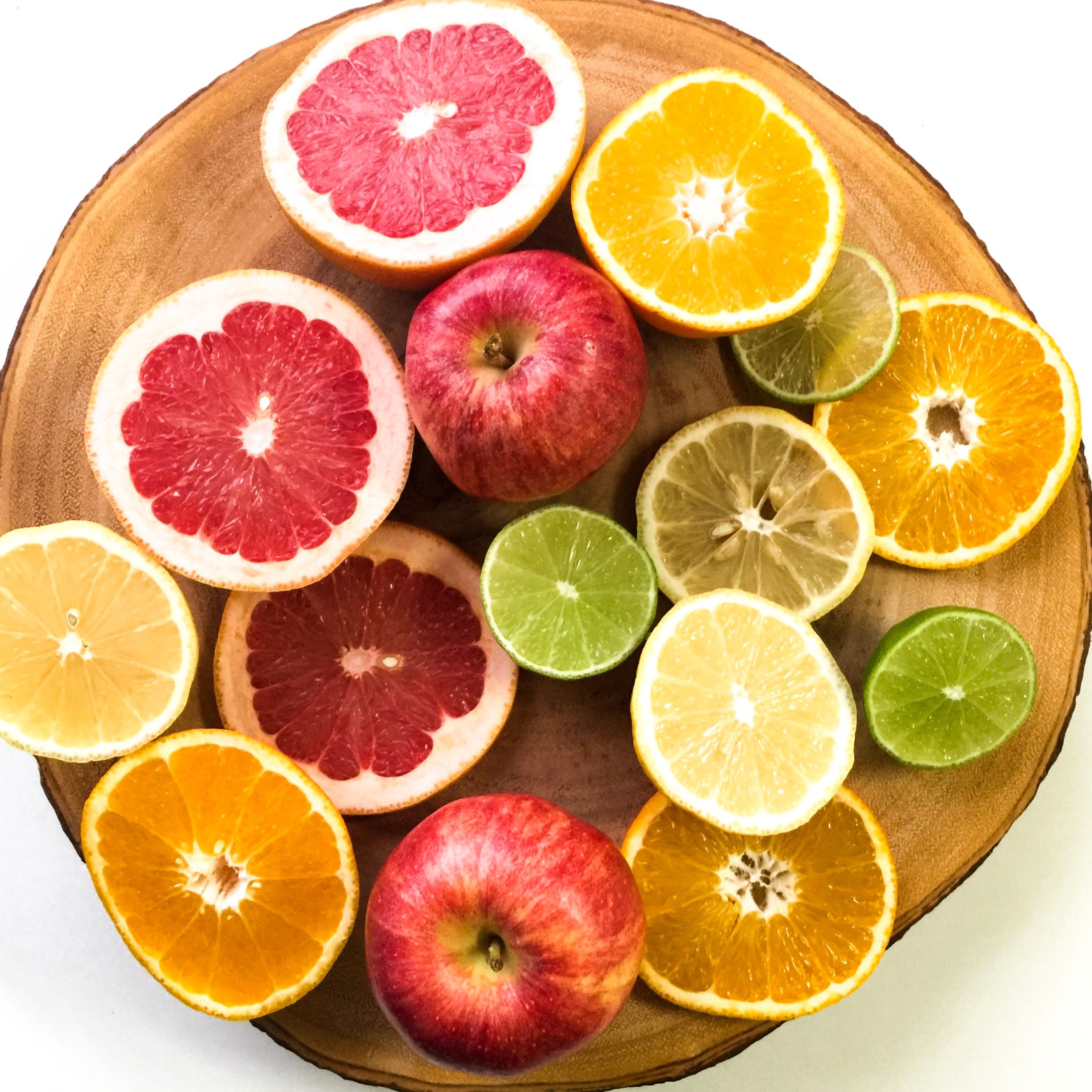
4 – Leafy Green Vegetables
Eating leafy green vegetables contain some of the best eye vitamins for blurry vision. This includes lutein and zeaxanthin, both of which are loaded with vitamin C which is perfect for your eyes.

5 – Eggs
Not only are eggs incredibly versatile, they are an excellent source of lutein and zeaxanthin. You can start your day with a healthy breakfast full of vitamins C, E and zinc. It is relatively common to have blurry vision in the morning.

6 – Beef
Beef is a great source of zinc. Some studies have shown that there is a connection between zinc and long term eye health. Zinc may help delay age-related sight loss and macular degeneration. The retina and the vascular tissue surrounding the retina contain plenty of zinc. Beef made the list due to the fact that not many people know that beef is good for your eyes! Extra tip, if you are a fan of saffron, the antioxidant that saffron provides is ideal for long term eye health.

Blurry Vision With Contacts
Many people have blurry vision with contacts. The most common reasons for blurry vision with contacts is an outdated prescription, a new prescription that you are not used to yet, wearing your contacts for too long, allergies and contacts that do not fit. After addressing these potential issues, if you do not narrow down what the problem could be, it might be best to visit a contact specialist or doctor.

Natural Eye Care Supplements
It is never too late to start using natural eye care supplements to improve eye health. Some of the vitamins needed to maintain eye health are not easily accessible unless you follow a very strict diet. You can find natural eye care supplements in most pharmacies and definitely online. Expect to see natural ingredients such as lutein, zeaxanthin, zinc, magnesium, vitamin A, B1, B2, B3, B12, A, C and vitamin E. All of these ingredients will greatly improve your eye health and most should be found in a natural eye supplement.
SUMMARY
There is certainly no price that a human being can put on the importance of eyesight. Taking the steps to prevent eye damage or maintain eye health is absolutely key as we get older. By the time you are 40 years old, you may begin to have age-related eye issues that can be reversed or reduced with timely care. Incorporate some of these foods and supplements into your daily routine for optimal eye health!
